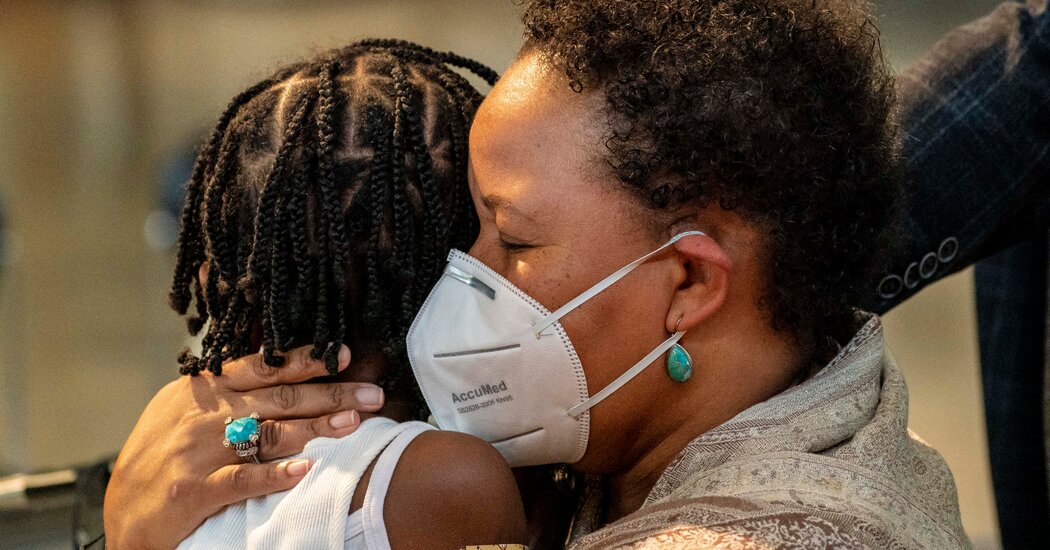The sometimes fatal condition, MIS-C, may be driven in part by a misdirected immune system, a new study finds.
When exposed to a virus, the human body marshals the immune system to fend off the intruder. Sometimes, the defense goes awry, and the body mistakenly turns against itself instead of the attacker.
This sort of friendly fire drives multi-inflammatory syndrome in children, or MIS-C, a mysterious condition that in rare cases strikes children who have had a severe bout of Covid-19, according to a new study.
In a subset of children with the syndrome, immune cells become confused by the similarity between a protein carried by the coronavirus and one found throughout the human body, said Joseph DeRisi, an infectious disease expert and the president of the Chan Zuckerberg Biohub in San Francisco, who led the study. This phenomenon is called molecular mimicry, Dr. DeRisi said.
The study was published on Wednesday in the journal Nature. The results offer the first direct proof that Covid-19 sets off an autoimmune reaction that leads to MIS-C.
“This adds a very clear layer of evidence that there is an autoimmune component to MIS-C,” said Dusan Bogunovic, a pediatric immunologist at Columbia University who was not involved in the work.
Scientists have long known that infections can befuddle the body into attacking itself, but the new study is among the first to identify the series of events and cast of immune characters involved in the process.
